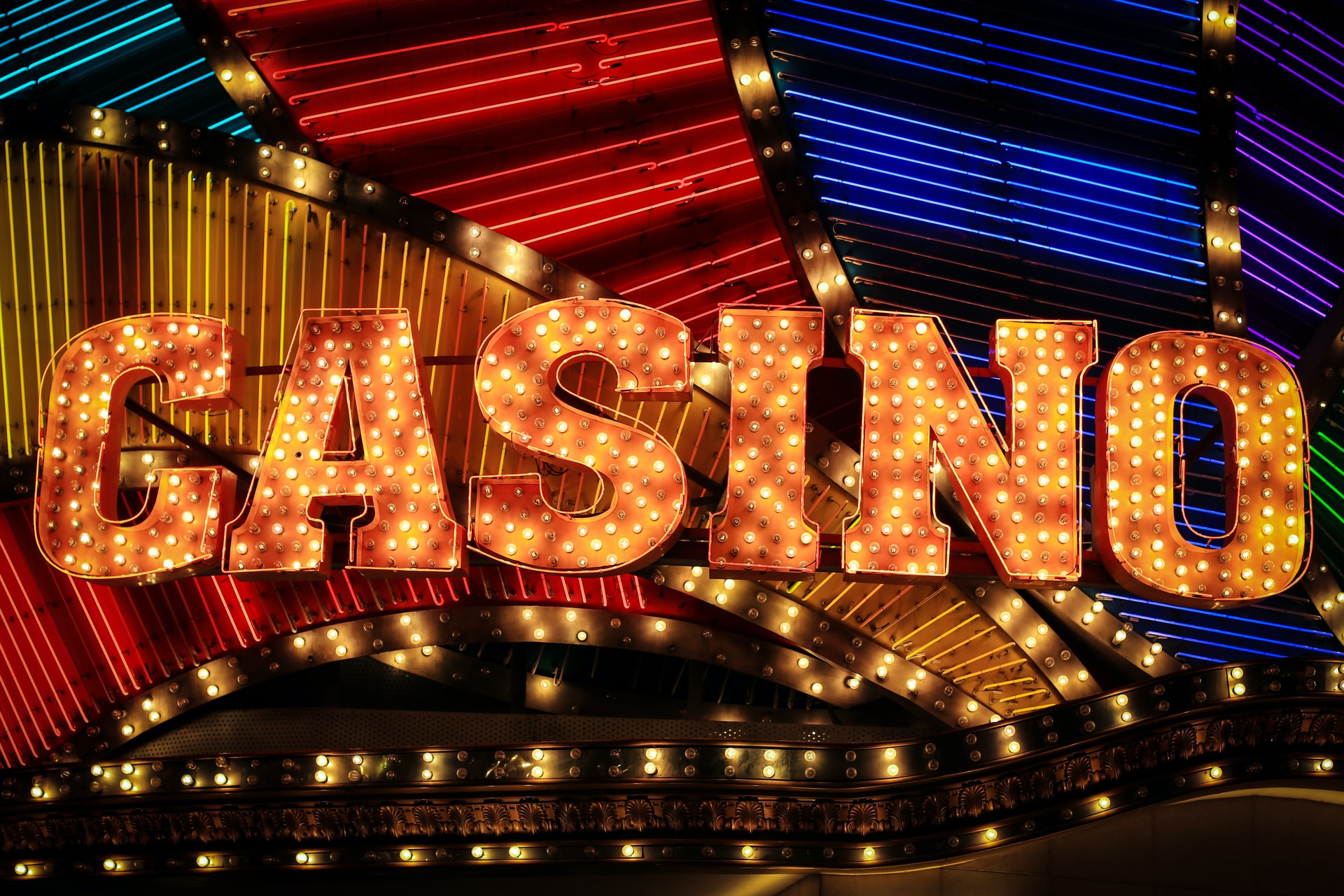In the world of gambling, in which chance and strategy intersect, a unique tapestry of beliefs manifests—one that weaves together luck, fate, and the enigmatic nature of casino games. Casinos, bustling with excitement and anticipation, are not just venues for placing bets; they are also arenas where superstitions thrive. Ranging from the novice player to the seasoned gambler, these mysterious practices often shape how individuals approach the games they play, believing that their actions can affect the outcome in ways that go beyond mere probability.
As players gather around roulette wheels, blackjack tables, and slot machines, the atmosphere is thick with stories of lucky charms, rituals, and codified behavior that defy logic yet provide a sense of comfort. It could be the case that it’s wearing a specific outfit, following a particular sequence of bets, or even avoiding certain numbers, the attachment to various superstitions reflects a deep-rooted desire to master the uncontrollable. This article delves into the captivating world of casino game superstitions, investigating the beliefs that simultaneously entertain and mystify those who dare to play.
Historical Origins of Superstitions
Gambling activities have long been connected with an variety of superstitions that can be traced to primitive cultures. The beginnings of these ideas can be connected to humanity’s innate desire to manage the uncertain outcomes associated with fortune and uncertainty. In ancient civilizations, games of uncertainty were often connected to religious practices. Gamblers would seek blessings or seek favor from spirits, believing that their actions could affect the odds in their benefit. This basis laid the basis for the myriad of superstitions that proliferated as betting evolved over ages.
During the medieval period, gambling became a widespread activity across European nations, and with it, a rich tapestry of superstitions appeared. Participants adopted different rituals and charms, believing they could influence the outcome of games. The significance of digits, in particular, emerged to manifest in superstitions around card games and dice. The number 7 was often considered lucky, while different numbers carried bad connotations. These beliefs mirrored the societal contexts of the time, changing as they moved through generations and adapted to emerging gaming environments.

As casinos developed in the 1600s, particularly in Italy and the French nation, the atmosphere surrounding gambling became imbued in mystique. The growing availability of casino games allowed for the dissemination and variation of superstitions among players. Concepts like lucky charms, designated seating locations, and rituals gained prominence, creating a distinct culture within betting houses. As these customs continued to thrive, they became essential to the essence of gambling activities, illustrating how history and tradition shape the belief systems that influence how players engage with chance.
Common Gambling Superstitions
Beliefs surrounding gambling games are plentiful and varied, reflecting the dreams and fears of gamblers as they engage in chance-based games. One of the most prevalent views is that specific digits bring fortune or bad luck. kjc.website For example, the number 7 is often seen as a favorable number, frequently sought after by gamblers looking for a positive result. Conversely, the number 13 is routinely considered cursed, leading many gamblers to avoid it during their gambling periods.
Another frequent belief relates to practices that players believe can influence their odds. It could be blowing on the dice before a roll, using a specific hand to place a wager, or even putting on particular items of clothing, many individuals feel that these rituals can tilt fate in their favor. These practices offer a feeling of control in an otherwise unpredictable environment, strengthening the idea that fortune can be manufactured through personal beliefs and habits.
Lastly, the environment and atmosphere of the gambling house itself contributes to myths. Many gamblers suggest that the presence of certain icons, such as four-leaved clovers or lucky tokens, can enhance their chances of success. Additionally, players might hold to the notion that victory streaks can be interrupted by mundane events, such as a person passing by or a accident at the gaming surface. The collective atmosphere in a gambling house can amplify these superstitions, creating a communal culture of myths that goes beyond single encounters.
Impact of Superstitions on Players
Superstitions play a crucial role in the psychology of casino players, often influencing their actions and choices. Numerous gamblers think that luck can be influenced through various rituals, such as wearing a lucky charm, selecting specific colors, or avoiding certain numbers. This dependence on superstitions can create a sense of control in an environment that is intrinsically unpredictable. Players frequently feel more self-assured and involved when they feel that their actions could sway the result of a game in their favor.
The influence of these superstitions extends past singular players, affecting the general atmosphere within the casino. For instance, a player who believes in the luck of a certain slot machine might attract a gathering, as onlookers are fascinated by their apparent success. This collective belief can heighten excitement and create a dynamic environment, leading to an interesting experience even for those who may not necessarily be superstitious. The buzz around certain games can lead to higher participation and longer playing sessions, supporting the casino’s lively social scene.
In some cases, superstitions can lead to harmful effects for players. Depending too heavily on rituals can result in bad gambling decisions, as some may ignore basic strategies in favor of baseless beliefs. Additionally, the stress to perform rituals may heighten anxiety and stress levels, diminishing from the pleasure of the experience. Ultimately, while superstitions can enhance the excitement of playing casino games, they can also lead to poor choices that overshadow the enjoyment and amusement intended in the casino experience.